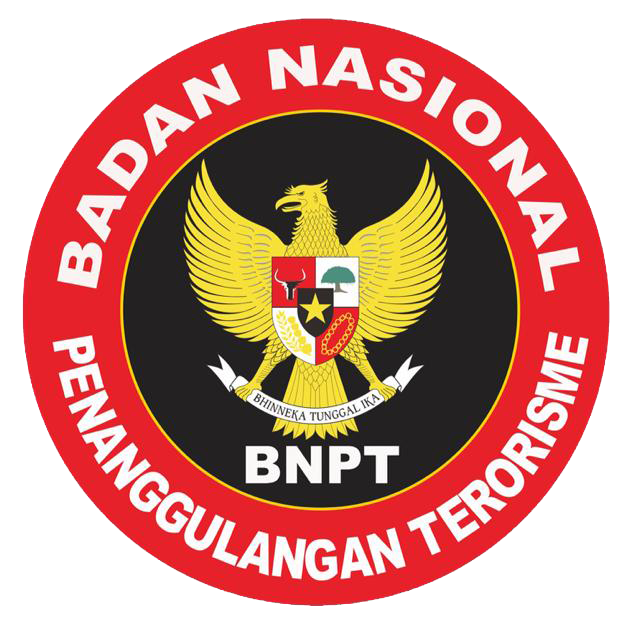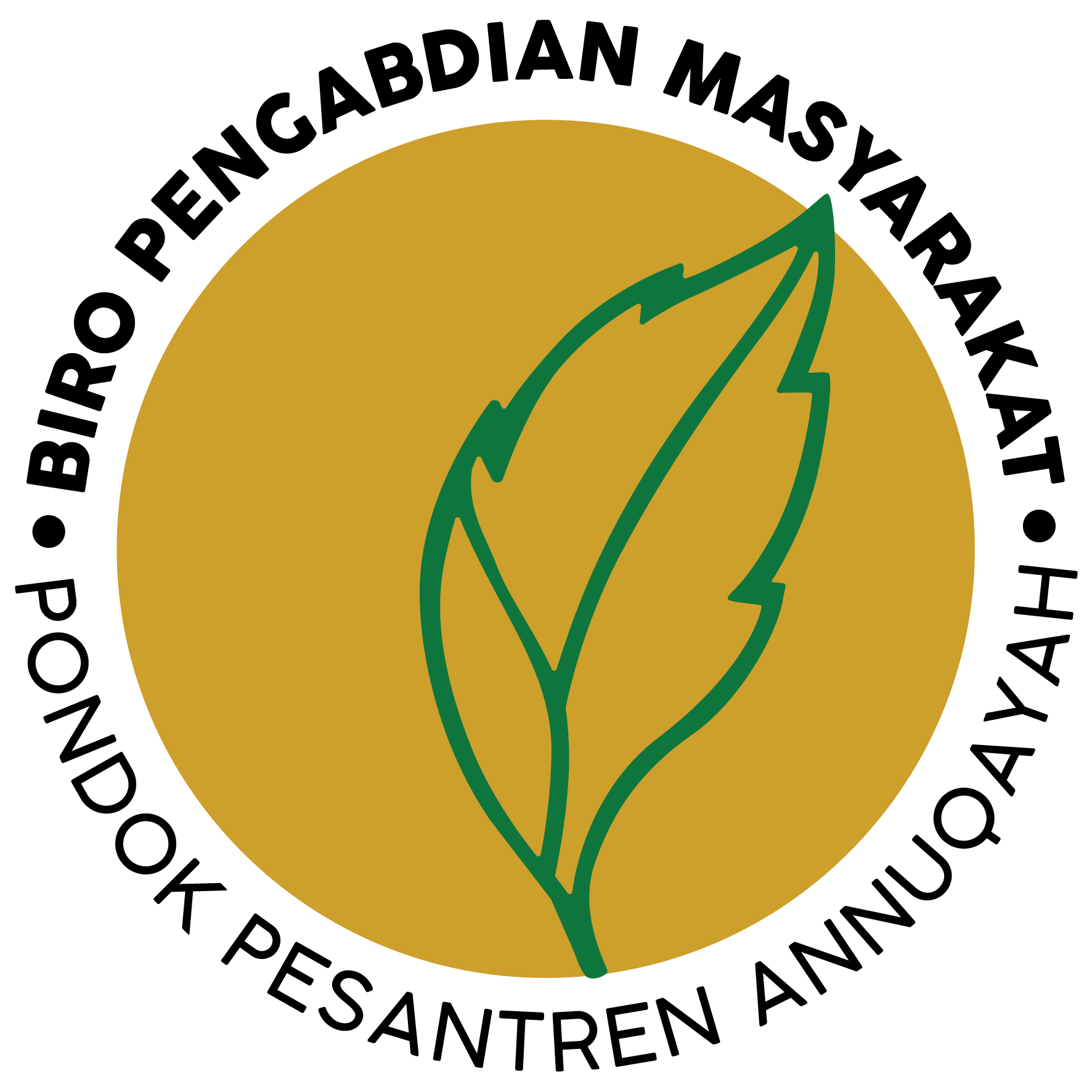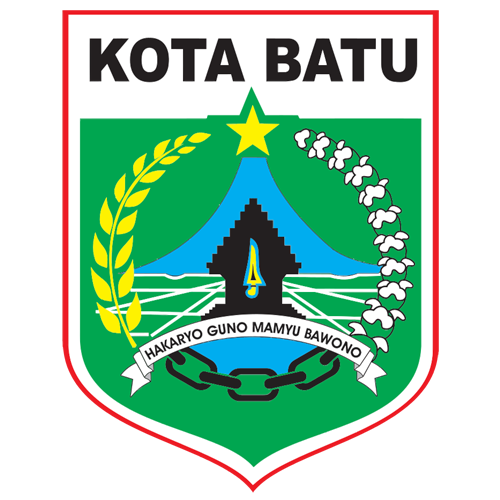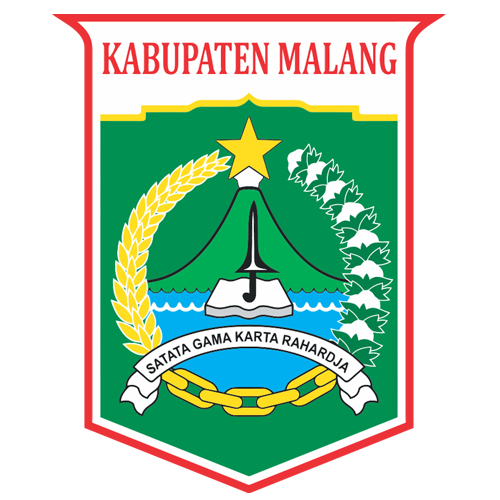Women are the Key to Countering Radicalism and Terrorism

Who says women have no role? Women's participation in creating world peace cannot be underestimated.
"Women’s empowerment is a key factor in overcoming radicalism and terrorism, and must begin in the community," said Indonesian Foreign Minister Retno Marsudi at the Women Foreign Ministers' Meeting (WFMM) in Montréal, Canada on September 21-22, 2018.
As reported on kemlu.go.id, Retno gave the Peace Village program conducted by the Wahid Foundation in Indonesia as an example of women’s empowerment program. The Peace Village program shows how the Wahid Foundation empowers women in handling conflict and promoting pluralism.
The same message was also conveyed by Retno while attending the Global Counter-Terrorism Forum (GCTF) on September 27, 2018 in New York. As published on jambi.antaranews.com, Foreign Minister Retno said women could be the target of terrorist recruitment but also could be the agents of peace.
Indonesia is an archipelago consisting of 714 tribes and thousands of indigenous communities spread across 17 thousand islands. As a country with the largest Muslim population in the world, Indonesia carries the teachings of Islam that are peaceful and tolerant of minority groups.
In 2018, the Wahid Foundation supported by UN Women released the first research on gender-sensitive issue to observe the threat of radicalism and intolerance among Indonesians. The survey also examines the driving factors and those that correlate with radicalism as well as the role of women in preventing radicalism.
The results of the study indicate that there is tremendous potential among Indonesian women to promote peace. When compared to men, women are more tolerant of differences and relatively do not have a tendency to use violence against groups that are not liked.
The survey showed 80.7% of women supported the right to freedom of religion and belief. Meanwhile, 80.8% of women did not support radicalism, which was higher than with men at 76.7%.
Based on the survey data, the Wahid Foundation with the support of the UN Women initiated the Peace Village program. This program is designed to empower women at the village level, with greater goals to build community resilience. The Peace Village program combines community economic empowerment as a medium in building peace, preventing intolerance and radicalism, as well as gender equality and women's participation.
The Peace Village program aims to encourage a community to build an early warning system to detect potential radicalism within the community. Respecting religious differences, guaranteeing religious freedom as well as having a conflict prevention mechanism are some of the main indicators as conditions for a village to participate in the Peace Village program. In addition, the village's commitment to allow women's participation in village decision-making processes is another prerequisite.
After fulfilling the conditions and gaining trust, the village will receive initial capital to develop special products from their village and receive various trainings in the fields of economics and leadership.
The women do not only have the ability to earn income to meet the needs of their families but also become agents of peace for their communities. Together with the local government and religious leaders, the women find their voices and carve more defense in their communities.
So far, the Peace Village program has benefited 2,121 women, in more than 300,000 residents or 80,000 households, and has produced 1,500 entrepreneurial women in 9 Peace Villages, in three provinces in Indonesia (West Java, Central Java, East Java). Of course, this cannot be separated from the cooperation established with the government, village officials, community leaders and interfaith citizens to maintain and foster tolerance in their environment.
"The Peace Village program is a movement that involves village citizens to create villages that apply the values of peace while also having economic independence. Further, women are the main actors that are expected to apply peace values in their respective environments so that they learn to not be easily provoked in cases of intolerance and violent conflict," explained Yenny Zannuba Wahid, Director of the Wahid Foundation.
By Ester Pandiangan















